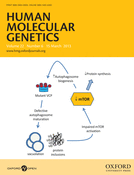 A researcher at Harvard Medical School and Massachusetts General Hospital is retracting a paper due to “inappropriate manipulation and fabrication of data” by the first author.
A researcher at Harvard Medical School and Massachusetts General Hospital is retracting a paper due to “inappropriate manipulation and fabrication of data” by the first author.
According to the retraction notice, published Aug. 22, corresponding author Marian DiFiglia is retracting the paper because the alleged misconduct by the first author, Antonio Valencia:
led to an incorrect conclusion in the paper that NADPH activity is elevated in Huntington’s disease (HD). Some original data were missing and efforts to replicate findings using the reported method or an alternative approach were unsuccessful. An institutional faculty panel supports the decision and the reasons for the retraction.
The notice added that the alleged data manipulation and fabrication affected bar graphs in two of the paper’s figures.
Terri Ogan, a spokesperson for Mass General, told Retraction Watch that Valencia no longer works at the institution, but declined to say whether there has been an investigation into the alleged misconduct: Continue reading Data fabrication by ex-Harvard researcher takes down paper on Huntington’s disease
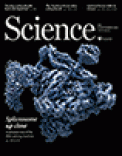



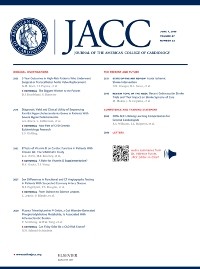 In June,
In June, 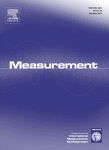
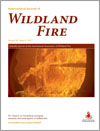
 A journal has retracted
A journal has retracted 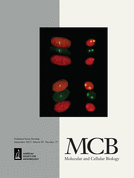 A biology journal has issued a correction to a 2014 paper by a researcher with 11 retractions, citing “inadvertent errors” that don’t affect the conclusions.
A biology journal has issued a correction to a 2014 paper by a researcher with 11 retractions, citing “inadvertent errors” that don’t affect the conclusions.